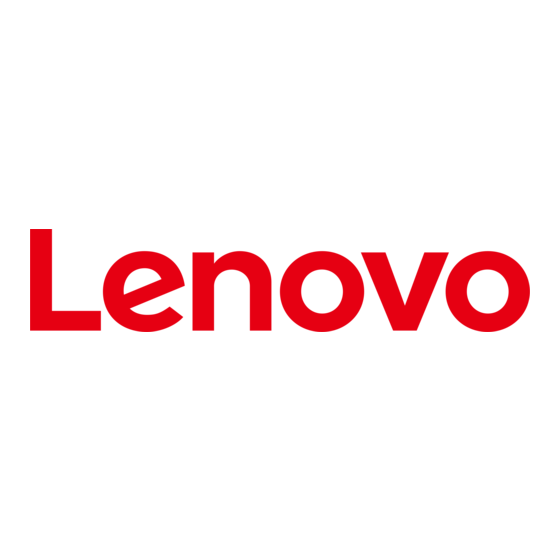- ページ 14
携帯電話 Lenovo K10のPDF ユーザーマニュアルをオンラインで閲覧またはダウンロードできます。Lenovo K10 16 ページ。
Lenovo K10 にも: クイック・スタート・マニュアル (16 ページ), ユーザーマニュアル (20 ページ)

Distraction
Take care when using the Lenovo Phone in a motor vehicle or on a bicycle. Always prioritize your safety
and the safety of others. Follow the law. Local laws and regulations might govern how you can use mobile
electronic devices, such as the Lenovo Phone, while you drive a motor vehicle or ride a bicycle.
Choking hazard
Keep the Lenovo Phone and accessories away from small children. The Lenovo Phone contains small parts
that can be a choking hazard to small children. Additionally, the glass screen can break or crack if dropped
on or thrown against a hard surface.
Explosive atmospheres
Do not charge or use the Lenovo Phone in any area with a potentially explosive atmosphere, such as at a
fueling area, or in areas where the air contains chemicals or particles (such as grain, dust, or metal powders).
Obey all signs and instructions.
Radio frequency interference
Observe signs and notices that prohibit or restrict the use of mobile phones (for example, in health care
facilities or blasting areas). Although the Lenovo Phone is designed, tested, and manufactured to comply
with regulations governing radio frequency emissions, such emissions from the Lenovo Phone can negatively
affect the operation of other electronic equipment, causing them to malfunction. Turn off the Lenovo Phone or
use Airplane Mode to turn off the Lenovo Phone wireless transmitters when use is prohibited, such as while
traveling in aircraft, or when asked to do so by authorities.
Medical devices
The Lenovo Phone contains radios that emit electromagnetic fields. These electromagnetic fields may
interfere with pacemakers or other medical devices. If you wear a pacemaker, maintain at least 15 cm (6
inches) of separation between your pacemaker and the Lenovo Phone. If you suspect the Lenovo Phone is
interfering with your pacemaker or any other medical device, stop using the Lenovo Phone and consult your
physician for information specific to your medical device.
LED light safety
Caution: Some products use an LED light source (such as camera flash, flashlight, or projector), which is
safe when used as intended. Avoid looking directly at the LED, which may cause discomfort or temporarily
impair vision.
Specific absorption rate
Specific absorption rate (SAR) is a measure of the rate at which a human body absorbs energy when
exposed to a radio frequency (RF) electromagnetic field. The radio transmitter and receiver in your mobile
device are designed to not exceed the SAR limits adopted by regulatory agencies. These SAR limits include
a substantial safety margin designed to assure the safety of all persons, regardless of age and health.
Your mobile device meets the SAR limit established by the following regulatory agencies:
Regulatory agency
Federal Communications Commission (FCC)
Industry Canada (IC)
Ministry of Communication (India)
ICNIRP *
* ICNIRP tests are carried out in accordance with standards CENELEC EN50360 and IEC PT62209-1.
SAR values are measured using standard operating positions with the device transmitting at its highest
certified power level in all tested frequency bands.
SAR values during normal use are usually much less than tested values because your mobile device
automatically reduces power when full power isn't needed for a call. The lower the power output of the
device, the lower the SAR value. To further reduce your RF exposure you can limit mobile device usage or
use a hands-free kit to keep the device away from your head and body.
SAR limit
1.6W/kg
1.6W/kg
1.6W/kg
2W/kg
